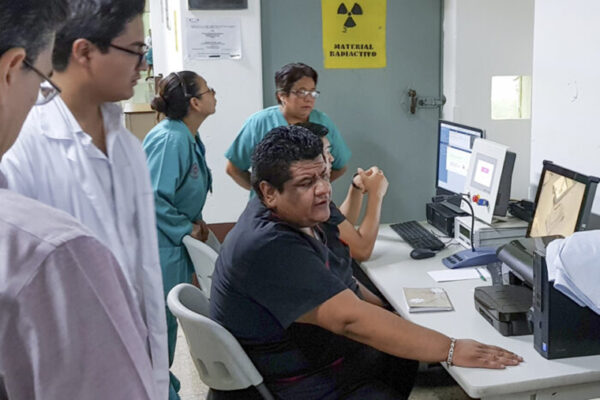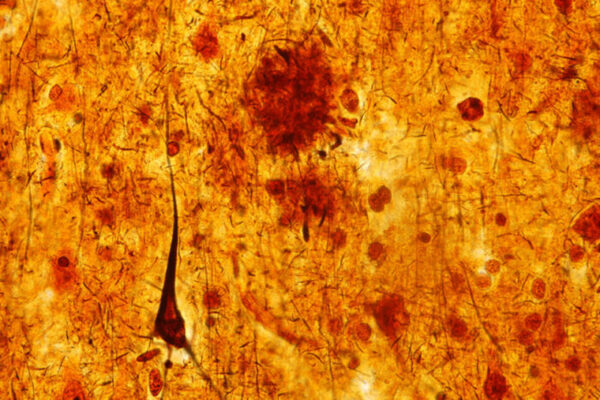WashU Expert: New Trump drug policy proposal ambitious, but is it feasible?
The Trump Administration released a proposed rule Jan. 31 that could alter the way many drugs are priced and paid for among Medicare and Medicaid plans. The proposed regulation would eliminate the regulatory safe harbor for rebates as they exist today, said Rachel Sachs, an expert on drug policy and pricing at Washington University in St. Louis.
Teitelbaum awarded 2019 King Faisal International Prize in Medicine
The School of Medicine’s Steven Teitelbaum, MD, has been awarded the King Faisal International Prize in Medicine for his work on bone biology. The award recognizes scientists whose work has major benefits for humanity.
Modernizing radiation therapy in Guatemala
With the help of a grant from the U.S. Agency for International Development, an international team that includes scientists from the School of Medicine is poised to improve cancer care in Guatemala with new state-of-the-art radiation therapy equipment.
Brown School faculty part of international obesity report
The Brown School’s Ross Hammond and Peter Hovmand are both part of the Lancet Commission on Obesity, which released its major new report Jan. 27. The main takeaway? Obesity, climate change and hunger are inextricably linked and must be fought as one challenge.
Brown School launches substance use disorder clinic
The Brown School has partnered with Preferred Family Healthcare in St. Louis to launch the Community Academic Partnership on Addiction (CAPA), a teaching, learning and research clinic aimed at addressing substance use disorder. The Brown School’s David Patterson Silver Wolf serves as CAPA’s chief research officer.
Communities that most need tobacco sales restrictions aren’t getting them, study finds
U.S. communities with higher smoking rates or lower excise taxes were less likely to adopt retail policies restricting tobacco sales, according to new research from the Brown School at Washington University in St. Louis.
Sleep deprivation accelerates Alzheimer’s brain damage
A study in mice and people from the School of Medicine shows that sleep deprivation causes tau levels to rise and tau tangles to spread through the brain, accelerating Alzheimer’s brain damage.
NIH grant will fund study on how communities address diabetes
The Brown School and Washington University School of Medicine in St. Louis have received a $2.9 million grant from the National Institute of Diabetes and Digestive and Kidney Diseases to study the impact of addressing unmet basic needs among Medicaid beneficiaries with diabetes.
Blood test detects Alzheimer’s damage before symptoms
A simple blood test reliably detects signs of brain damage in people on the path to developing Alzheimer’s disease – even before they show signs of confusion and memory loss, according to a new study from the School of Medicine and the German Center for Neurodegenerative Diseases.
Serving with a clear mission
Monique Williams, AB ’95, MD ’99, MSCI ’08, is a physician with expertise in geriatric medicine and an advocate for including underrepresented populations in medical studies.
Older Stories









